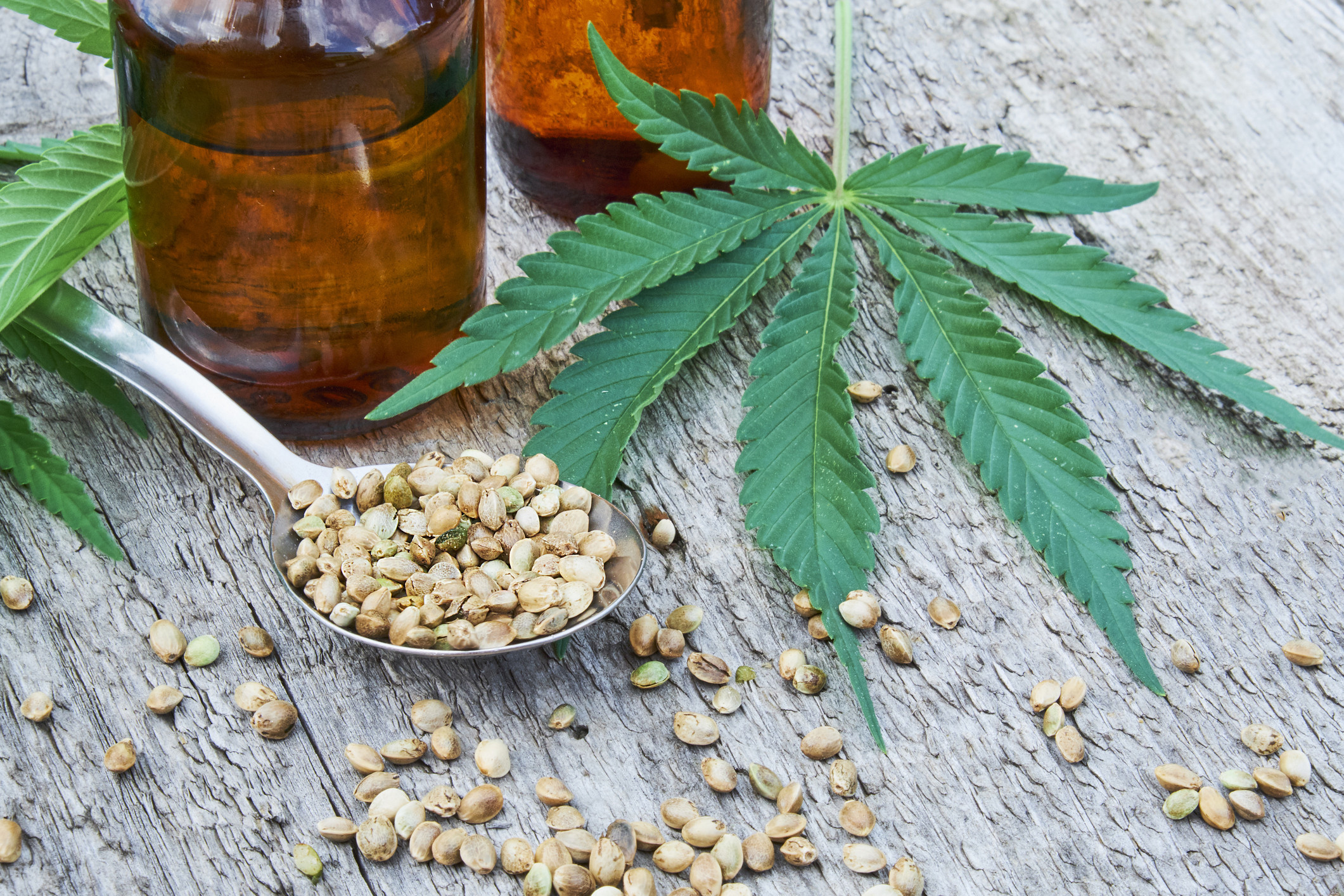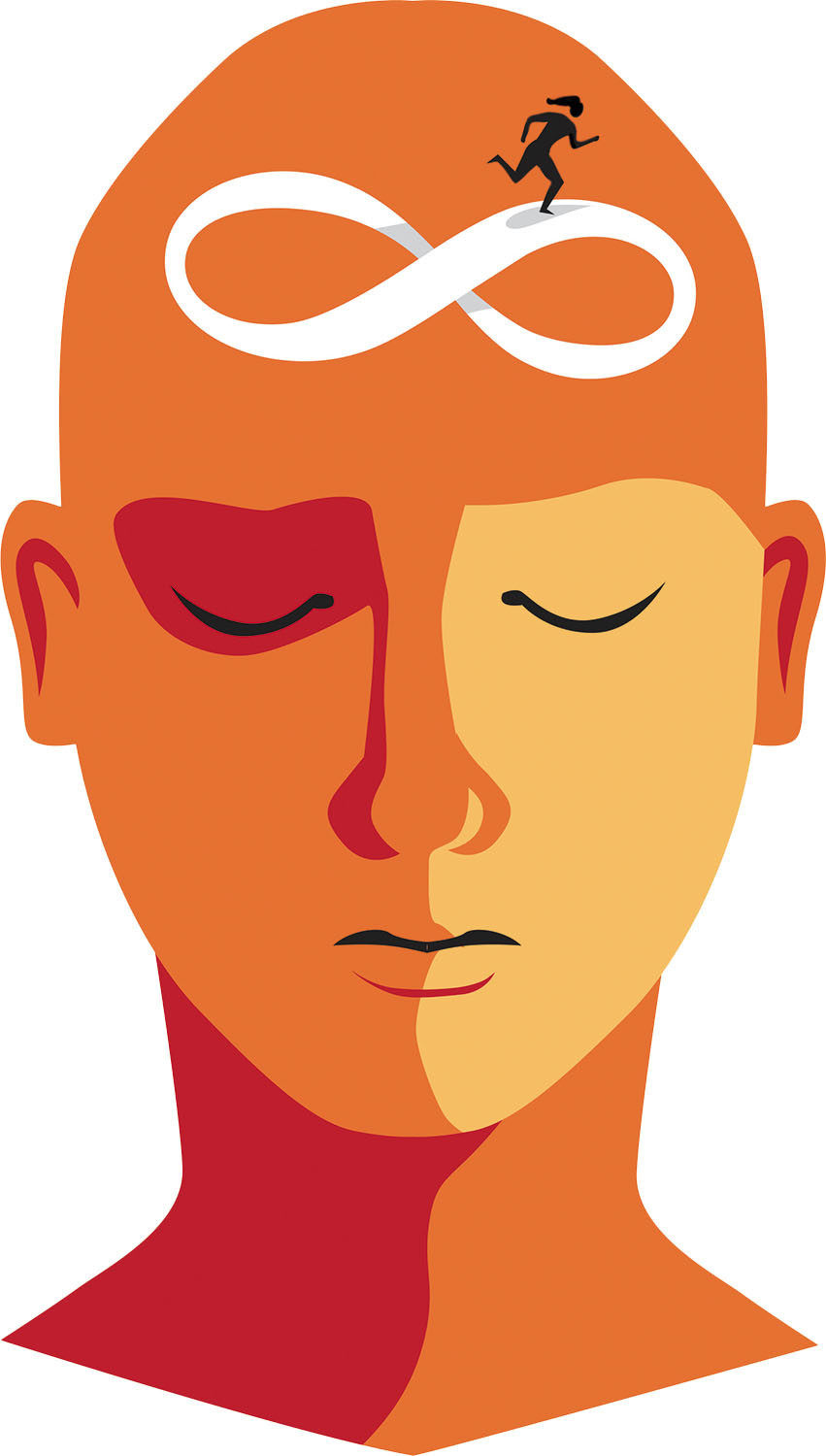
5 timeless habits for better health

What are the symptoms of prostate cancer?

Is your breakfast cereal healthy?

When pain signals an emergency: Symptoms you should never ignore

Does exercise give you energy?

Acupuncture for pain relief: How it works and what to expect

How to avoid jet lag: Tips for staying alert when you travel

Biofeedback therapy: How it works and how it can help relieve pain

Best vitamins and minerals for energy

Should you take probiotics with antibiotics?
Anxiety Archive
Articles
PTSD: How is treatment changing?
PTSD (post-traumatic stress disorder) is a potentially debilitating mental health condition marked by recurrent, frightening episodes during which a person relives a traumatic event. Newly released guidelines can help guide treatment; they recommend which therapies are most effective, and which are not recommended.
Caregiving crisis
Nearly three-quarters of caregivers are 50 or older, and more than 75% are women. Research has linked caregiving to many physical and mental effects, including depression, anxiety, pain, and heart disease. Many caregivers don't attend to their own health and may avoid or skip medical appointments. To address these burdens, caregivers can look into respite care, call their local Agency on Aging, ask for help from friends, and schedule telehealth visits with doctors or therapists.
Cannabidiol (CBD): What we know and what we don't
Cannabidiol (CBD) is an active ingredient in cannabis that is derived from the hemp plant, but it does not cause a high and is not addictive. CBD has been shown to be effective in treating conditions like pain, insomnia, and anxiety.
Co-regulation: Helping children and teens navigate big emotions
Co-regulation is a process in which caregivers can help young people learn better ways to regulate their emotions during the inevitable upsets and challenges of life. But before a caregiver can help a child, they need to understand their own emotional skills and limitations.
Afraid to visit the doctor?
Medical anxiety is a fear of doctors and medical settings. Nearly half of American adults in 2023 reported feeling anxious before a doctor's appointment, and four in 10 said their anxiety compels them to put off seeing a doctor. Medical anxiety can stop people from seeking preventive care or necessary treatments, jeopardizing their health. People with medical anxiety may be fearful of needles or shots, a painful test or procedure, or receiving bad news or a serious diagnosis.
Managing intrusive thoughts
Intrusive thoughts are unwanted thoughts or mental images that make people feel uncomfortable. They're common, affecting some six million Americans and can be effectively managed using tools such as cognitive behavioral therapy. They can be associated with mental health disorders such as obsessive-compulsive disorder or post-traumatic stress disorder, but many people who experience them don't meet the criteria for a mental health disorder. The thoughts may be triggered by stress or anxiety.
How well do you worry about your health?
It's impossible to never worry about your health — but are you worrying about the right things? Popular fears and Google and TikTok searches suggest our top concerns may bypass common health issues. So what should concern us and what can we do about it?
Bad bedfellows
The use of sleep tracking devices is increasing, but using a sleep tracker can contribute to anxiety and insomnia. Data from the device can influence how a person feels after awakening, even if the data aren't accurate. Sleep trackers can make people more aware of their sleep patterns and potentially help identify sleep disorders, but the data generated can be confusing and lead people to ignore how they feel after sleeping. A special form of cognitive behavioral therapy called CBTi is designed to improve insomnia and anxiety around sleep.

5 timeless habits for better health

What are the symptoms of prostate cancer?

Is your breakfast cereal healthy?

When pain signals an emergency: Symptoms you should never ignore

Does exercise give you energy?

Acupuncture for pain relief: How it works and what to expect

How to avoid jet lag: Tips for staying alert when you travel

Biofeedback therapy: How it works and how it can help relieve pain

Best vitamins and minerals for energy

Should you take probiotics with antibiotics?
Free Healthbeat Signup
Get the latest in health news delivered to your inbox!
Sign Up











